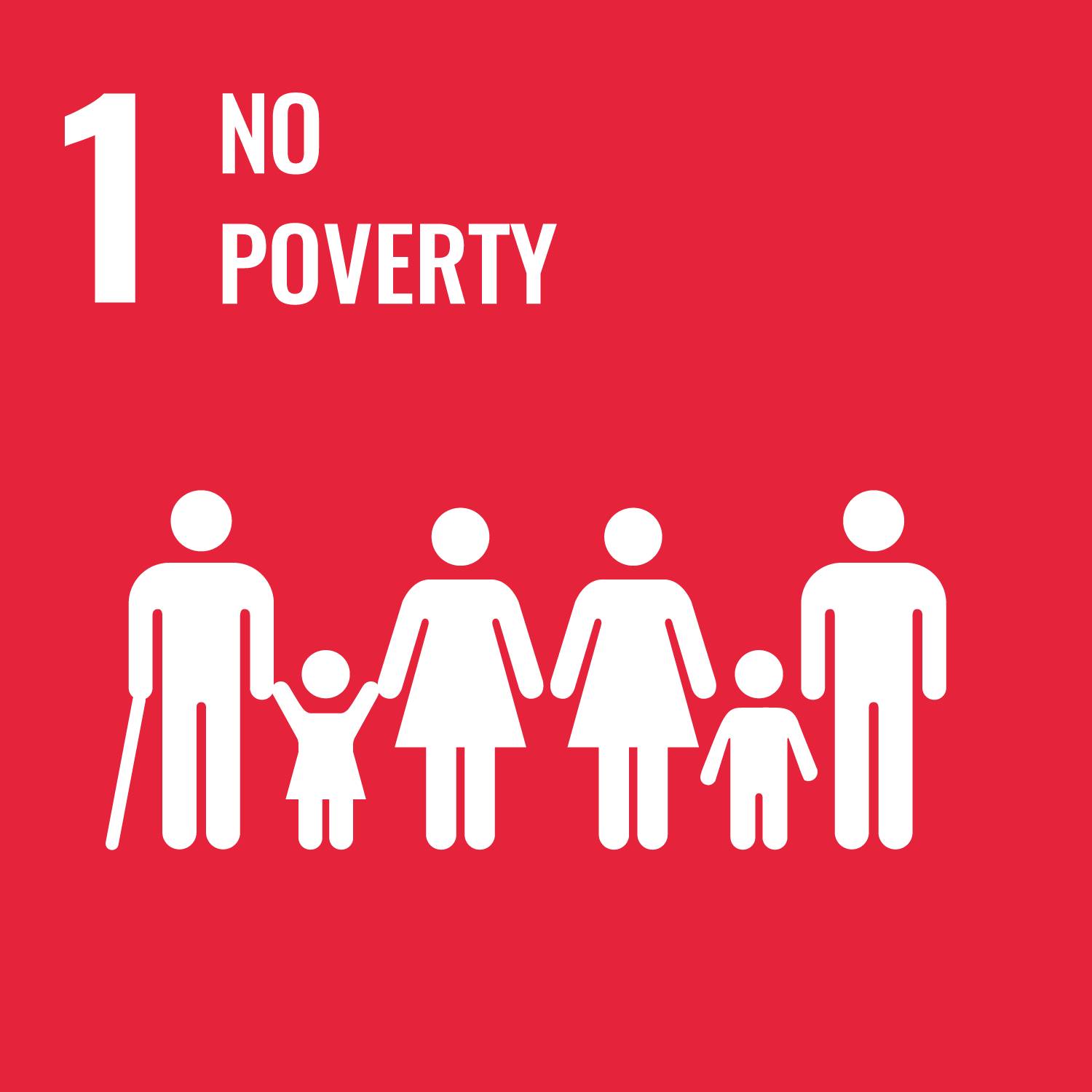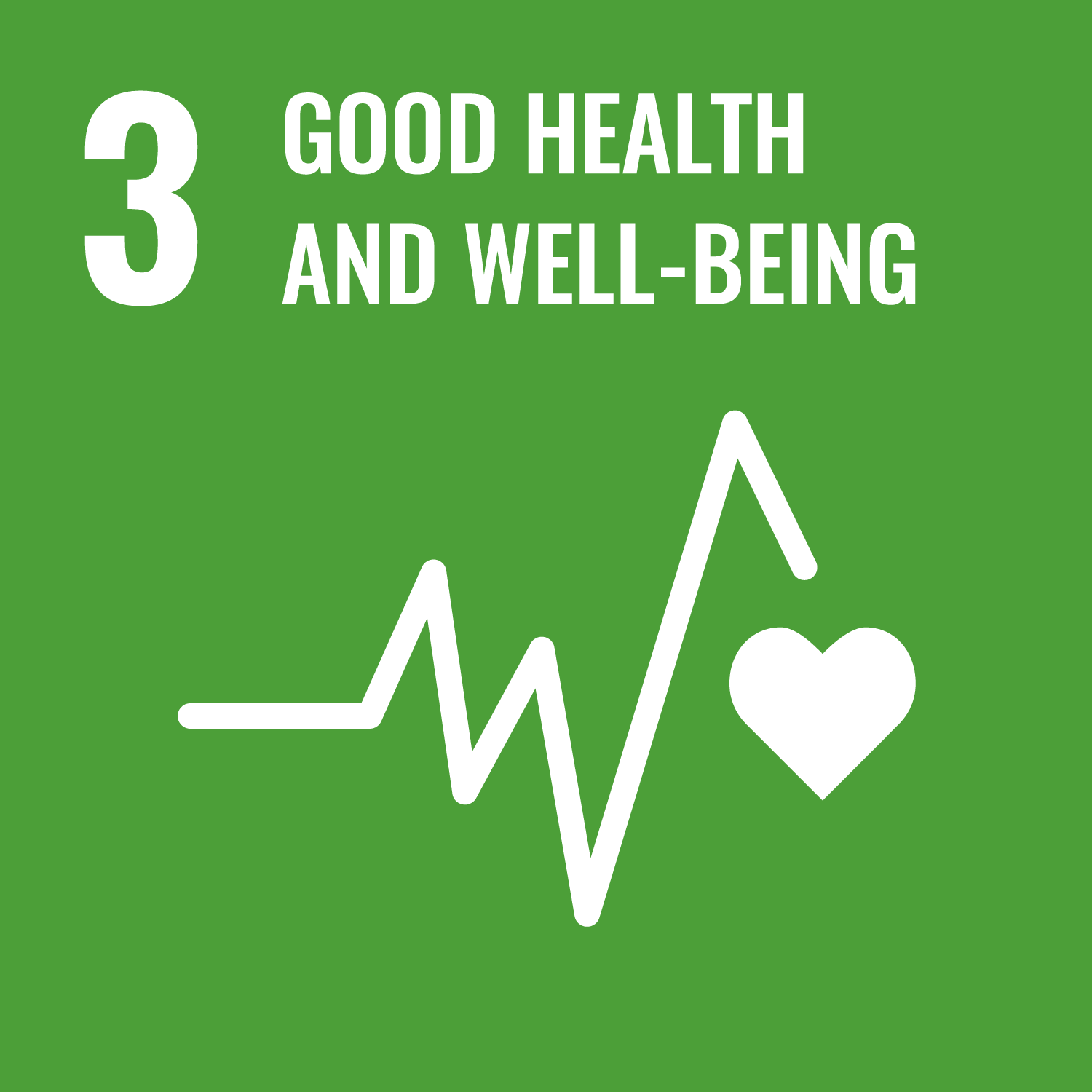Santy (name has been changed for security reasons; she/her) is a bisexual human rights activist. Through her work, Santy connects the diverse SOGIESC community with safe spaces to engage in dialogues around topics including consent, mutual responsibility, human rights, and religion.
As a bisexual person, why is bi-visibility important to you?
Bisexual visibility is very important. Most people have not received sufficient information on bisexuality, so there is a lot of negative stigma, such as being two-faced or greedy. Many of the bisexual community view themselves according to those negative stigmas. I experienced the stigma and I was judged as the two-faced greedy person. I used to think like that of myself, but over time I learned that there is no mistake of loving someone regardless of their sex or gender. I am not a greedy two-faced person; I am simply someone who love other people whether they are male, men, female, women, short hair, long hair, with penis or vagina; and there is no mistake in love. We have the rights to love more than people of one gender.
How did you become an LGBTIQ+ activist?
I was a victim of persecution by state actors when I was still living at in my previous hometown. My partner and I were arrested, put into a ‘rehabilitation’ centre and forced to return to ‘normal’. We did not break any law, but we were not treated as human. They justified their treatments because, for them, we were sinners who went against the order of nature. I was very young, and I did not understand about human rights back then. Through my recovery process, I met with many people and I became aware of human rights. We can be whomever we want and feel attracted to anyone we like. We have the rights to life, housing, education, freedom of expression, and free of discrimination.
I never asked to be who I am. The feeling and attraction just came as it is. Why would other people feel they have the rights to limit my attraction? That is just not right.
So, I do this because I don’t want my friends to go through what I went through.
What inspires you to advocate for social change?
I believe in human rights. I believe as LGBTIQ+ people, we have the rights to be who we are and be happy just like other people.
How long have you been involved in this work?
It all started right after my persecution, so it’s been several years now.
What are some of the challenges you face in advocating for more inclusion of LGBTIQ+ people?
My focus is mainly on the LBQT community, though I always contribute to support other friends in the LGBTIQ+ community. We discussed SOGIESC, humanity and human rights together. Self-acceptance is a primary issue within the community. Many of them asked me about religion and acceptance. I understand it, but I am not confident enough to explain queer theology to them. It’s better to discuss this in a big group or bring the expert as religion is a very sensitive topic in our context.
Consent is another challenging topic; we think we understand it but we still face a lot of challenges to put it into practice. Finding a safe space to gather as a community is also very challenging. We need to have a security system in place, we need to find reasons for our families, especially if we want to go away for more than a day. We can’t even use human rights as a reason because there is a generally negative perception of human rights in our context. Once we made it out, we still feel worried if our community event is going to be distracted as the impact home is going to be significant. From time to time we get tired, we find strengths, then we continue.
We mostly connect with our peers in community discussions, how to deal with stigma, violence and discrimination. We learned about humanity and support each other psychologically in facing the challenges. We don’t have many allies yet, even from the CSOs network due to the sensitivity of our issue. Many of them reject us. We slowly engage them, converse with them so they can increase their understanding and acceptance to us.
If there was one change that you would like to see for LGBTIQ+ people, what would that change be?
No more violence and discrimination towards LGBTIQ+ community.
What are ways can humanitarian and development organisations support the inclusion of bisexual people?
We must support everyone regardless if they are LGBTIQ+. We must support each other as a human without putting our SOGIESC on the way. We focus on their needs and support them fairly in ways that we can/ responsible to. For example, if an LGBTIQ+ community-managed beauty parlour is damaged because of an earthquake, then we help them. The same thing applies to support the inclusion of bisexual people. Engage us, understand our needs and assist us to access the services according to our needs.








